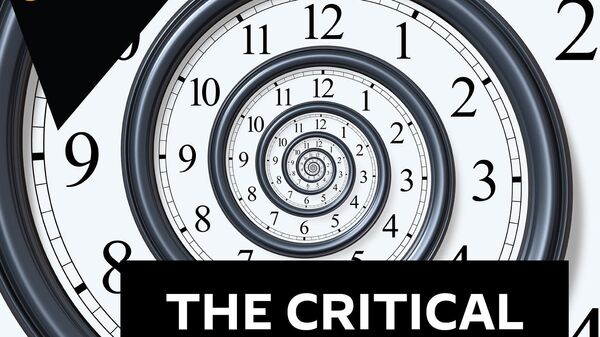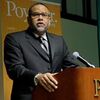Tuesday is an important day for the Democratic presidential primary, and for candidate Sen. Bernie Sanders (I-VT) in particular. "Voters are heading to the polls in Idaho, Mississippi, Michigan, Missouri, North Dakota and Washington. On a day dubbed 'Super Tuesday II,' no contest looms larger for Sanders than Michigan, a state he won in the 2016 primaries against Hillary Clinton and which also is likely to play a decisive role in the general election," the Washington Post reported Tuesday. "Rep. Tulsi Gabbard (D-HI) is also competing for the Democratic presidential nomination, which is now unfolding amid mounting concerns about the spread of the novel coronavirus." What does this mean for the upcoming Democratic convention and the party overall?
Whitney Webb has a great piece in MintPress News entitled "How the New US-Afghanistan Peace Deal Rekindled a 'Business Friendly Taliban.'" She opens her piece with the following: “President Trump, who is up for re-election this year, has added another 'peace' deal to his credentials, a deal that the president, his re-election campaign and his supporters have promoted as proof that Trump is willing and able to resist the US foreign policy establishment and its ceaseless push to keep the US embroiled in 'forever wars.' Yet, not unlike the much-criticized Israel-Palestine 'peace' deal that was recently released by the Trump administration, there is more to the US-Taliban 'peace' deal than meets the eye.” First, lets put the deal into some context. Is this a “landmark agreement”?
"President Donald Trump on Monday said he would propose a 'major' economic relief package, including a possible payroll tax cut and measures to help hourly-wage workers, in an effort to reduce the negative impact of the coronavirus outbreak," the Financial Times reported Monday. What does it mean for the economy going forward?
GUESTS:
David Schultz — Professor of political science at Hamline University.
Dr. Riley Emmitt — Political scientist and assistant professor of Africana Studies at DePauw University.
Dr. Marvin Weinbaum — Scholar-in-residence and director of the Middle East Institute's Center for Pakistan and Afghanistan Studies.
Dr. Jack Rasmus — Professor of economics at Saint Mary's College of California and author of "Central Bankers at the End of Their Ropes: Monetary Policy and the Coming Depression."
We'd love to get your feedback at radio@sputniknews.com



